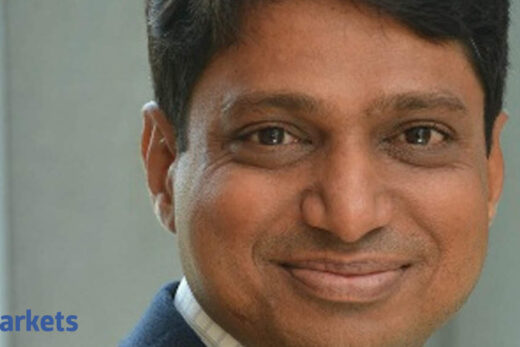NEW DELHI: What Greek philosopher Heraclitus said in 544 BC holds true for Nifty as well due to the churning of stocks the heartbeat index has seen every six months in the last 25 years.
Launched on April 22, 1996, the National Stock Exchange’s (NSE) flagship index completed 25 years of its journey on Thursday, April 22. In between, three out of every four stocks have got thrown out of it.
Out of the 50 stocks on the index, only 13 – HDFC Bank, Reliance Industries (RIL), HDFC, ITC, HUL, L&T, SBI, Tata Motors, Dr Reddy’s Labs, Tata Steel, Grasim, Hero and Hindalco – could keep pace in multiplying their market-caps in order to be able to stay put on the index till its silver jubilee year.
Most of these 13 stocks, barring Tata Steel, Tata Motors, Grasim and Hindalco, have been among the top wealth creators in the last two-and-a-half decades.
Growing at a compounded annual growth rate (CAGR) of 11.1 per cent, Nifty is up almost 14 times in these 25 years.
Back in 1996, the index was dominated by old-economy sectors related to energy, auto and commodities. The information technology (IT) industry had zero representation. Although financials had almost 24 per cent weightage, private banks hardly had any presence, data from Motilal Oswal Financial Services showed.
After the recent Nifty rebalancing that came into effect from March 31, financial services now hold a 38.03 per cent weightage, followed by IT (16.77 per cent), oil and gas (11.78 per cent) and consumer goods (11.49 per cent). Together, these four sectors comprise 78 per cent of Nifty that currently has representation from 13 sectors.
Energy, which has 13.45 per cent weightage now, had begun its Nifty journey with a weightage of 12.6 per cent in 1996. In March 2009, the sectoral weightage touched its peak at 40.74 per cent only to narrow down gradually over the next few years. Energy’s high weightage in Nifty is now largely on account of RIL.
HDFC Bank, which has been one of the largest wealth creators among the blue chips in last 25 years, had just 0.4 per cent weightage in Nifty in 1996 and was the only representative of the private banks on the index.
HDFC Bank (10.24 per cent) and three other stocks – Reliance Industries (10.19 per cent), Infosys (7.98 per cent) and HDFC (7.08 per cent) – make up for more than one-third of today’s Nifty. The stocks with higher weightages have more firepower to move the index up and down.
Back in 1996, SBI, HUL, Tata Motors, RIL and Tata Steel were the top five companies on the index. When energy stocks were ruling the roost, ONGC’s weightage had shot up to 12.4 per cent in December 2005 and is now down to just 0.59 per cent.
The change in the pecking order has been unkind to the PSU banks (whose weightage has come down from 12.2 per cent to 2.3 per cent) and metals (from 10.7 per cent to 2.86 per cent). Sectors like textiles (4.9%), hotels (2.2%), and shipping (0.9%), which were part of the 1996 batch, have since lost their seats in Nifty Club Elite.
Till June 2009, NSE used to take into account full market capitalisation of a stock for consideration for Nifty50 entry. Since then, the selection methodology has undergone a change to include free float market cap, besides other factors. Although RIL’s market-cap of Rs 12.26 lakh crore is substantially higher than that of HDFC Bank’s Rs 7.87 lakh crore today, yet the latter enjoys a higher weightage on Nifty because a higher free float market-cap.



